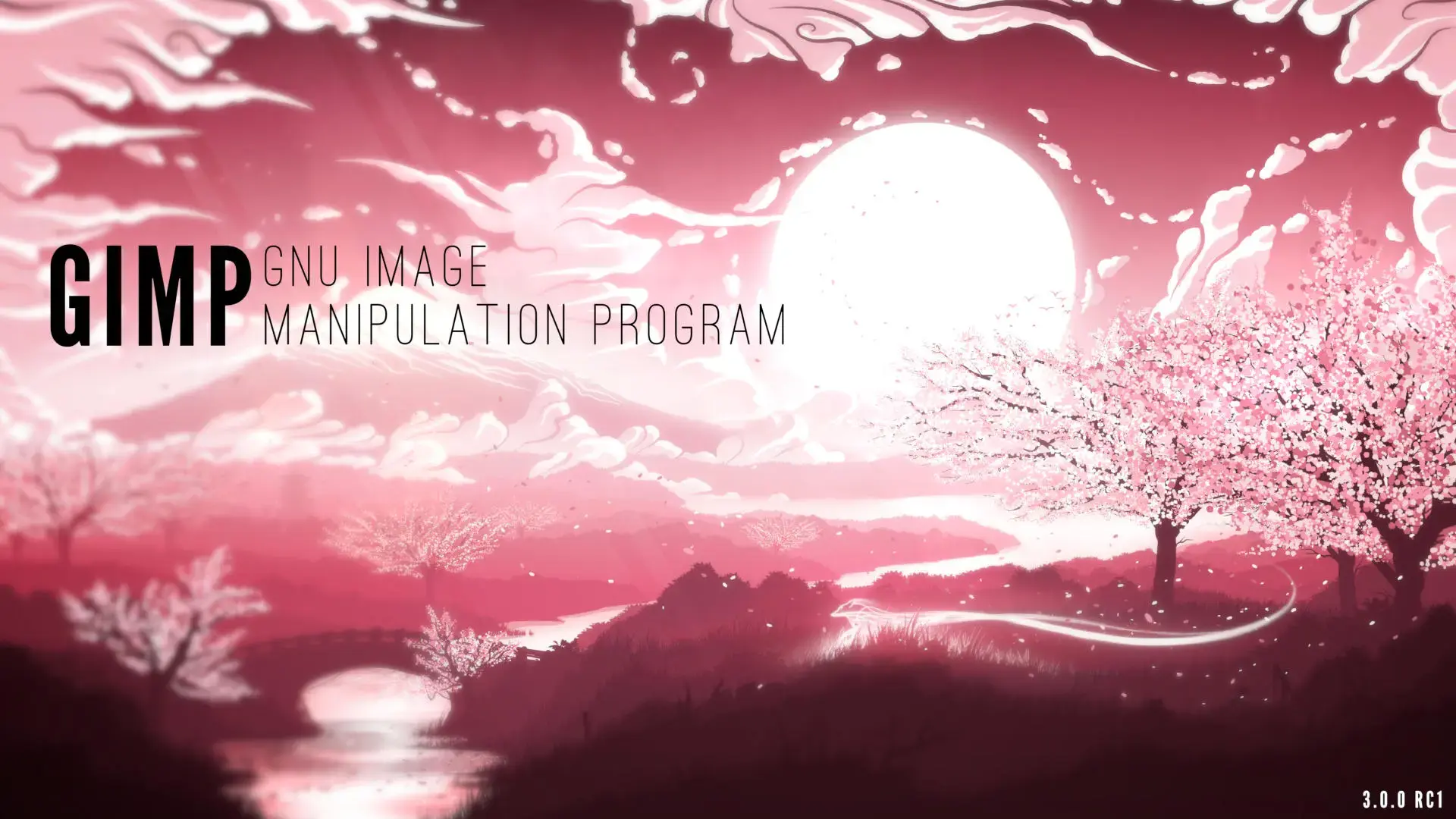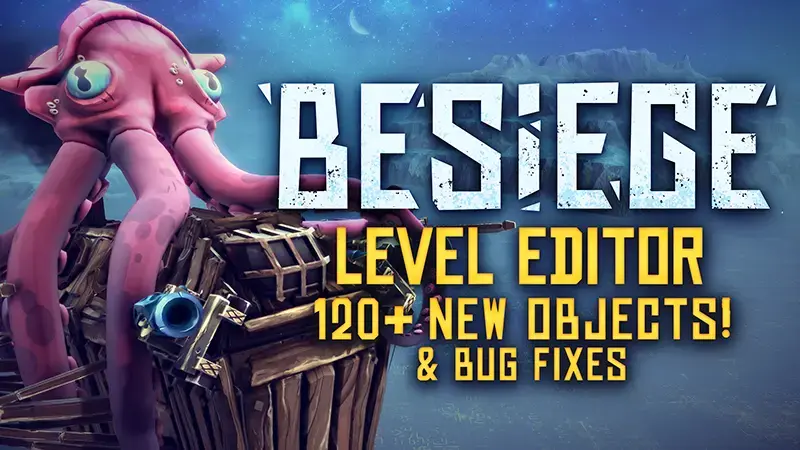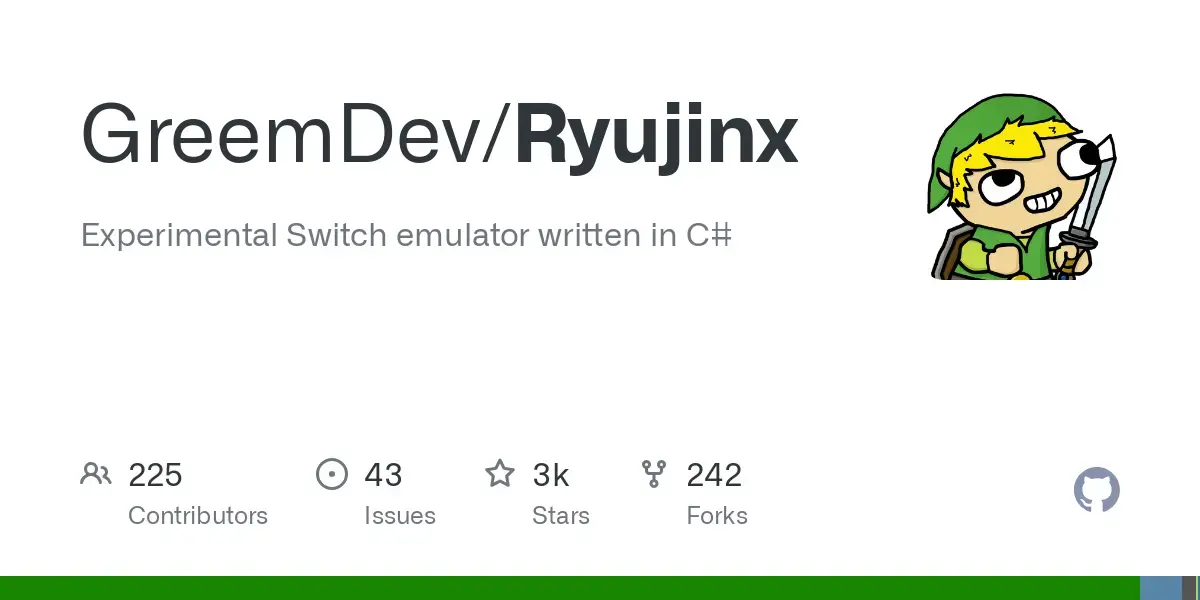

That’s what I am saying (and what I get): fans of Borderlands 2 who love the game, are those who hate the sequel Borderlands 3. I compare this kind of to what Disney did to Star Wars… but I digress. What if one never played a Borderlands game before?
To be fair, the villains seem to be annoying; they are just like regular teens today with social media attachment trying to be “cool”. Maybe those who never played the games before, and are young and identify themselves with the villains… those could like it? Humor is subjective, so if you don’t like it, others may. This wouldn’t be the first game “fans hate it, but everyone else don’t care and even like it”-game in the series.

















For someone who think gameplay is king, I would probably enjoy this game more than 2? Not saying that characters, story, writing, music, graphics and so on are not important; far from.